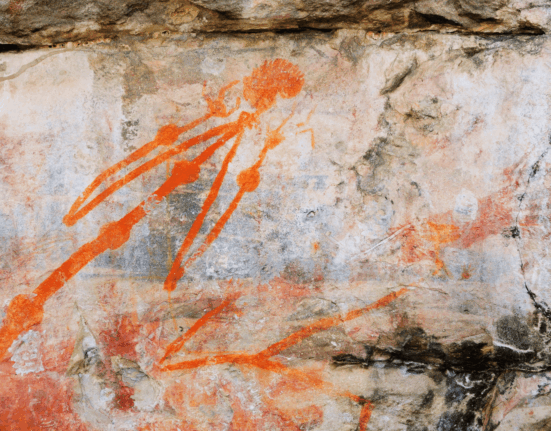In recent news, the headlines in Europe have been dominated by concerns over the political landscape in America, with some labeling it a fascist regime.
This sentiment has sparked discussions and debates across the African continent, where many are closely monitoring the developments in the United States and their potential impact on global dynamics..
The characterization of America as a fascist regime has raised alarms among African leaders and citizens, who are wary of the implications such a label carries for international relations.
African nations have historically relied on strong partnerships with the United States, and any shift towards authoritarianism could have significant repercussions for trade, security, and diplomatic ties..
The rhetoric surrounding America’s political system has also ignited reflections on the state of democracy and governance in Africa.
Many African countries have faced their own challenges with democratic processes, and the perceived erosion of democratic values in a global power like the United States serves as a cautionary tale for leaders and citizens alike..
As African nations navigate their own political landscapes and strive for progress, the developments in America serve as a reminder of the fragility of democracy and the importance of upholding democratic principles.
The characterization of America as a fascist regime underscores the need for vigilance, accountability, and a commitment to democratic norms both within Africa and on the global stage.
The future outlook hinges on how nations respond to these challenges and work towards strengthening democratic institutions to ensure a more stable and inclusive future for all..









Leave feedback about this